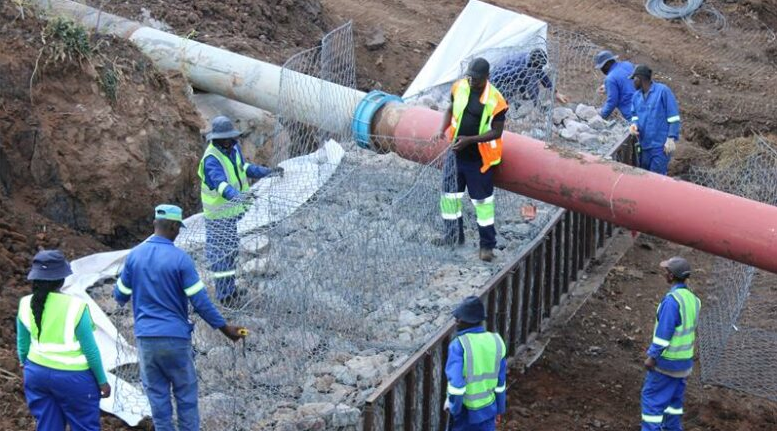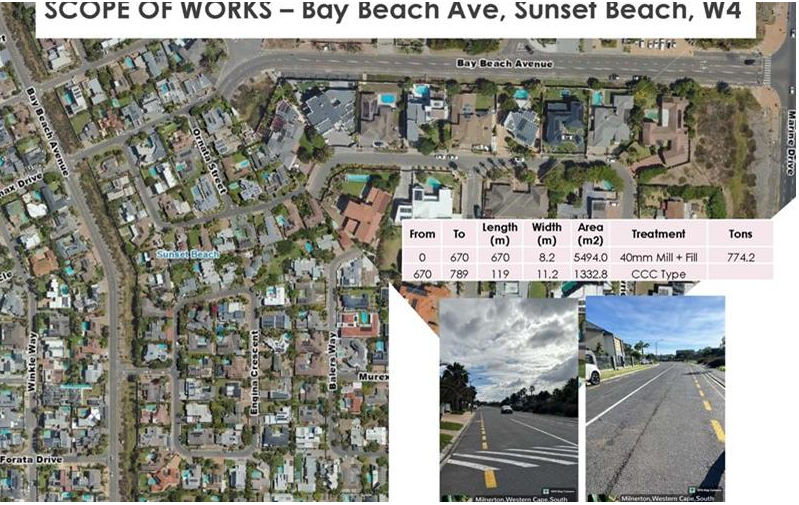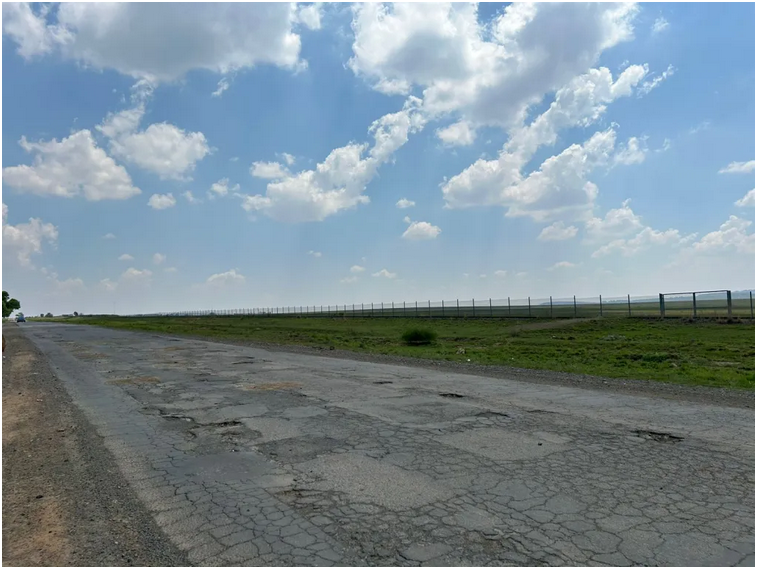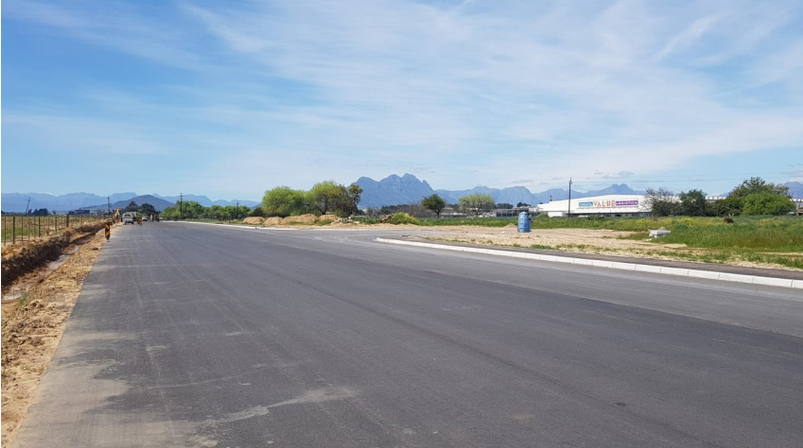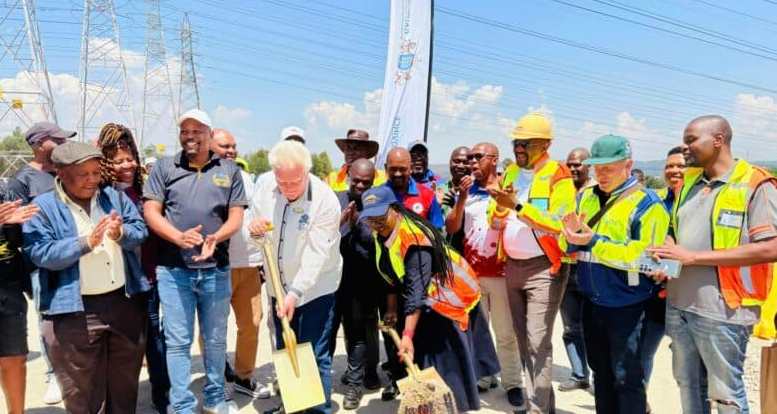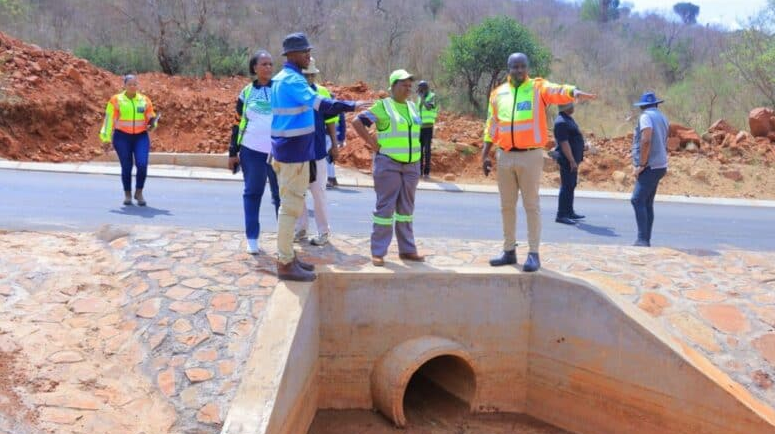Trust at the heart of successful infrastructure finance

Advertising
26-06-2014
Read : 120 times
Moneyweb
Source
Government and private sector have a model to follow.
The success of government’s Renewable Energy Infrastructure Procurement Programme (REIPP), which has just announced a fourth round of bids, has provided both government and the private sector with the confidence to consider private-sector funding for other big infrastructure projects.
Government reportedly has an infrastructure wish list worth some R4.3 trillion.
Private sector funding of some of government’s big infrastructure projects listed in the National Development Plan (NDP) is considered an essential objective. But just because it is important, does not mean it will happen. There are many challenges to overcome – not least of all is bringing the public and private sectors together.
“The IPP programme resulted in a fantastic meeting of minds,” says National Treasury capital projects director Nicky Prins. “This is the start of an important partnership. It is important for many reasons, not just because of the way it attracted private finance but for the way of doing business too. We have to build on our successes.”
Prins, who chairs a National Treasury task team responsible for the private-sector financing of infrastructure, was part of a panel that was discussing private sector financing of infrastructure at the Association for Savings and Investment SA’s annual assembly in Cape Town this week. It had gathered to discuss ways in which the financial services industry could support the implementation of the NDP.
“There is a lot of procurement reform going on within Treasury. We are thinking about larger transactions [than REIPPP]. The huge challenge within government is how to fund things. Now more than ever we need you. It just depends on how.”
The how is the big issue. “Don’t assume you are well understood,” Prins adds. “You are not. You have a close working relationship with Treasury and its related bodies. There you come across credibly. But you need to be understood beyond the technical level. You need to be part of a bigger conversation at the policy level.”
For Mike Peo, head of energy & infrastructure at Nedbank Capital, such sentiments – even couched with a warning - were “manna from heaven”. Within the banking sector there is growing appetite for these projects, he says. The problem for many years has been the lack of projects in the pipeline.
REIPP may be the catalyst that changes this. “The REIPP programme is world class,” he says. The first three rounds gave the go-ahead on 66 projects collectively valued at R150 billion. “Lets not reinvent the wheel.”
He warns though that greater industry involvement is needed. The banks and development finance institutions cannot do it all on their own. “We have funded 4500MW of power and the target is 20 000MW – there are so many opportunities.”
Institutional investors, whose idea of infrastructure investment was buying Eskom or Transnet bonds, are however starting to participate in the sector.
Some, like Old Mutual, have been quietly investing in infrastructure for twenty-odd years. It now has a portfolio of equity investments worth about R14 billion.
“We have developed a specialised understanding regarding the management of these investments,” says Tom Plaistowe, Old Mutual’s senior executive for Infrastructure and Development Assets. Doing more is possible, but “we need to take our investment community along with us,” he says.
It goes without saying that making a decent, acceptable risk adjusted return is non negotiable. However, “we have been doing this for 20 years and are very confident we can continue.”
The opportunity, it seems, will grow.
“All governments start off thinking they can do it better – protect people better, by providing the infrastructure,” Plaistowe says. “But our government is being forced, unwillingly, to bring in private sector financing for infrastructure. They can’t do it on their own.”
It seems that while not all of government is convinced of private sector involvement, neither is the financial services industry in full agreement that it should be in this space. There is danger in this type of thinking, warns Elias Masilela, former CEO of the Public Investment Corporation who was speaking in his capacity as a member of the National Planning Commission.
In economic theory there is traditionally a classic divide between who funds the provision of the social good (the State) and the economic good (the private sector because it can maximise profit), he says. But this line is increasingly blurred.
“Education, health, power, road, rail, port infrastructure, water, telecoms and affordable housing. All these are key in helping to enhance the productivity of economy and particularly of labour units in the economy,” he says.
It is important to understand that growth, profit generation and social impact have the same impact on the economy. If a society does not produce all for the market at the same time, then the profitability and sustainability of the private sector will be compromised.
“If you are still not convinced [that the private sector needs to invest in infrastructure] I will present to you the risks of not getting involved: These include exposure to monopoly structures which are less efficient and provide substandard products; inefficient delivery of goods and services in the economy and as asset decay over time.
“We are we are all responsible,” he says. “If industry is concerned about its bottom line then it needs to take responsibility.”
Fears on both sides can be allayed by the success of projects like REIPPP where industry is presented with a solid long-term investment opportunity and government believes it is getting a square deal in financing.
Recent News
Here are recent news articles from the Building and Construction Industry.
Have you signed up for your free copy yet?
